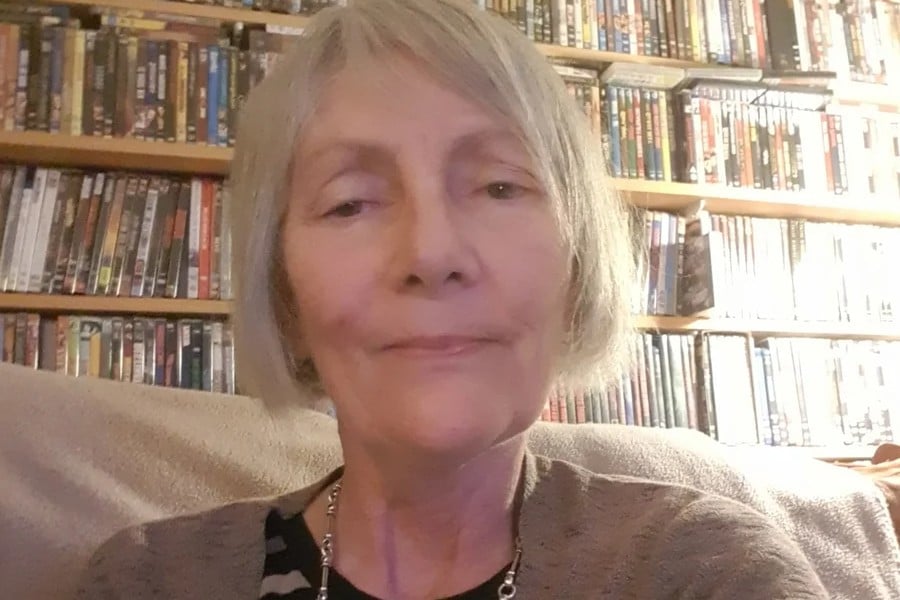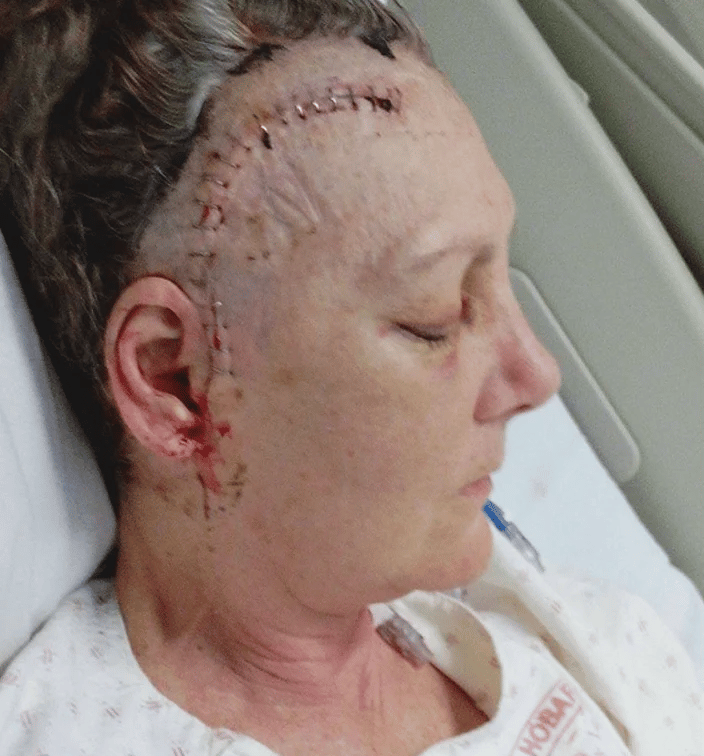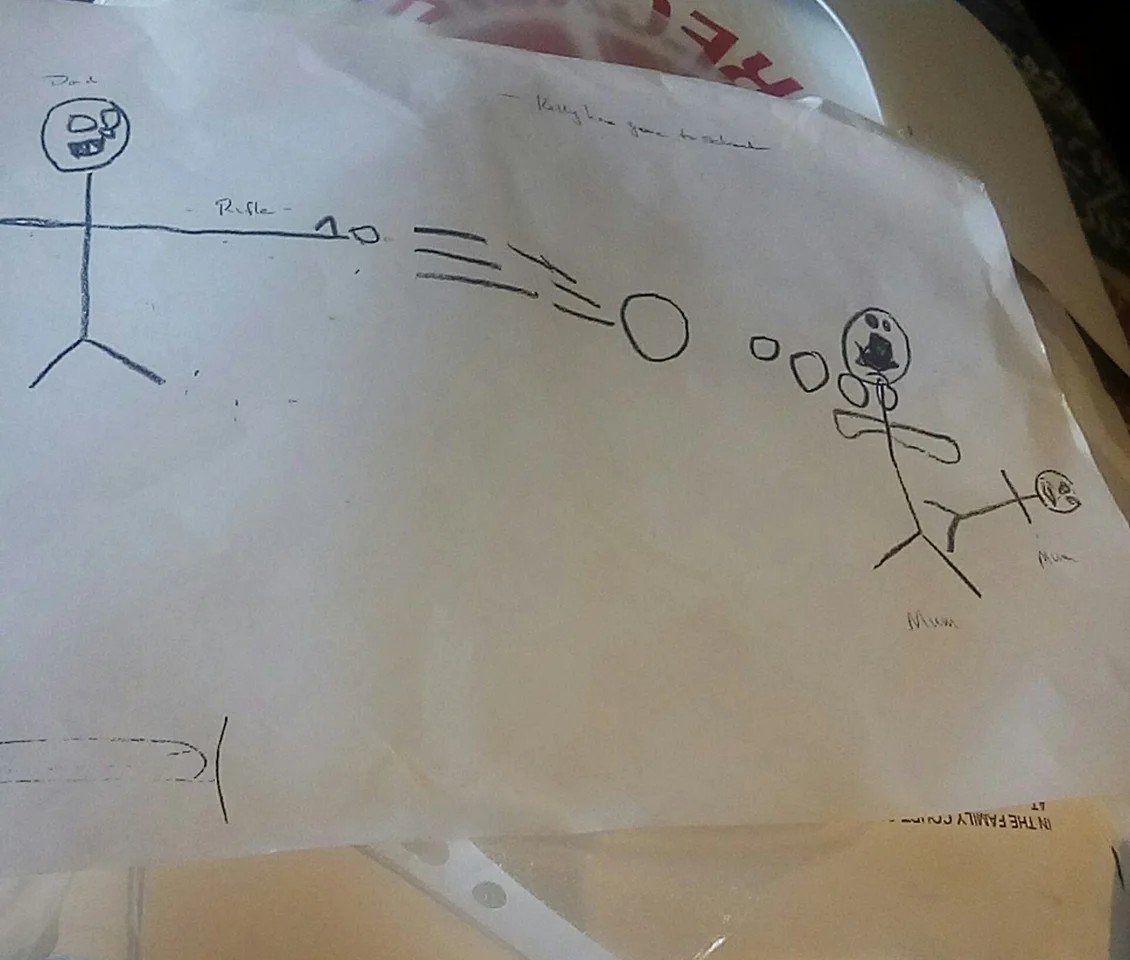
Content warning: This story discusses domestic violence.
Domestic abuse wasn't something that was talked about in Deborah Thomson's household when she was growing up.
Not because it was taboo, it just didn't happen there, not that Deborah was aware of anyway.
"I knew nothing, I was completely ignorant," she says.
She didn't spot the subtle signs of control and coercion when she met Wayne* at university. At the time, she was experiencing social anxiety and lacking confidence, but meeting Wayne changed all that — at first.
Watch: Nicole LePera talks about how to break the cycle of trauma bonds & stop toxic relationship habits. Article continues after the video.
"In the beginning Wayne presented himself as everything in a person I would love," she says.
"Especially in my state of feeling not good enough to be loved. He was romantic, loving, agreeable and attentive."
Looking back, Deborah can see the subtle signs of control, but at the time, his behaviour seemed loving and attentive – something Deborah craved.
"He groomed me until he felt confident to move past subtle forms of abuse, to the more obvious physical abuse," Deborah says.


